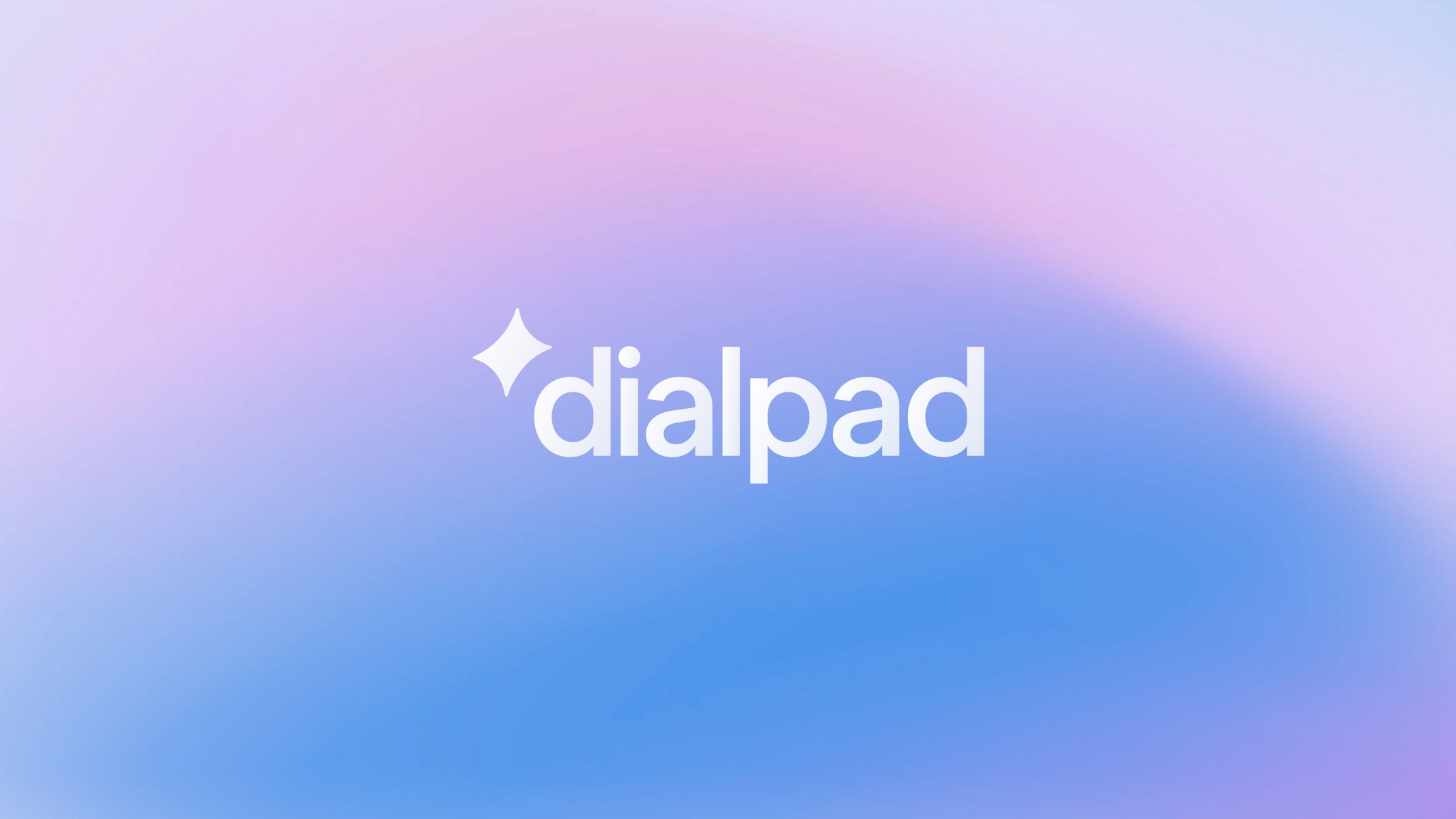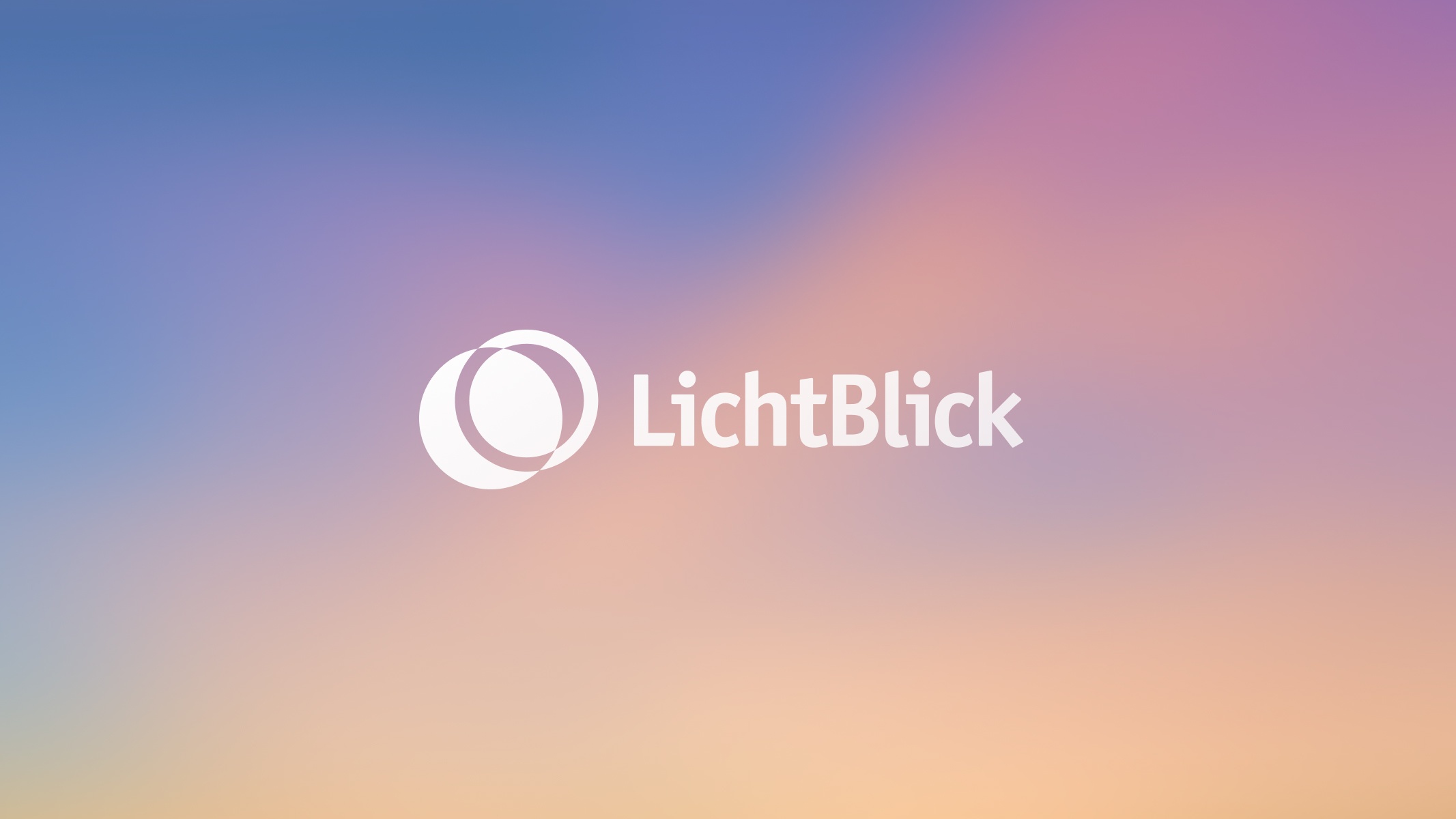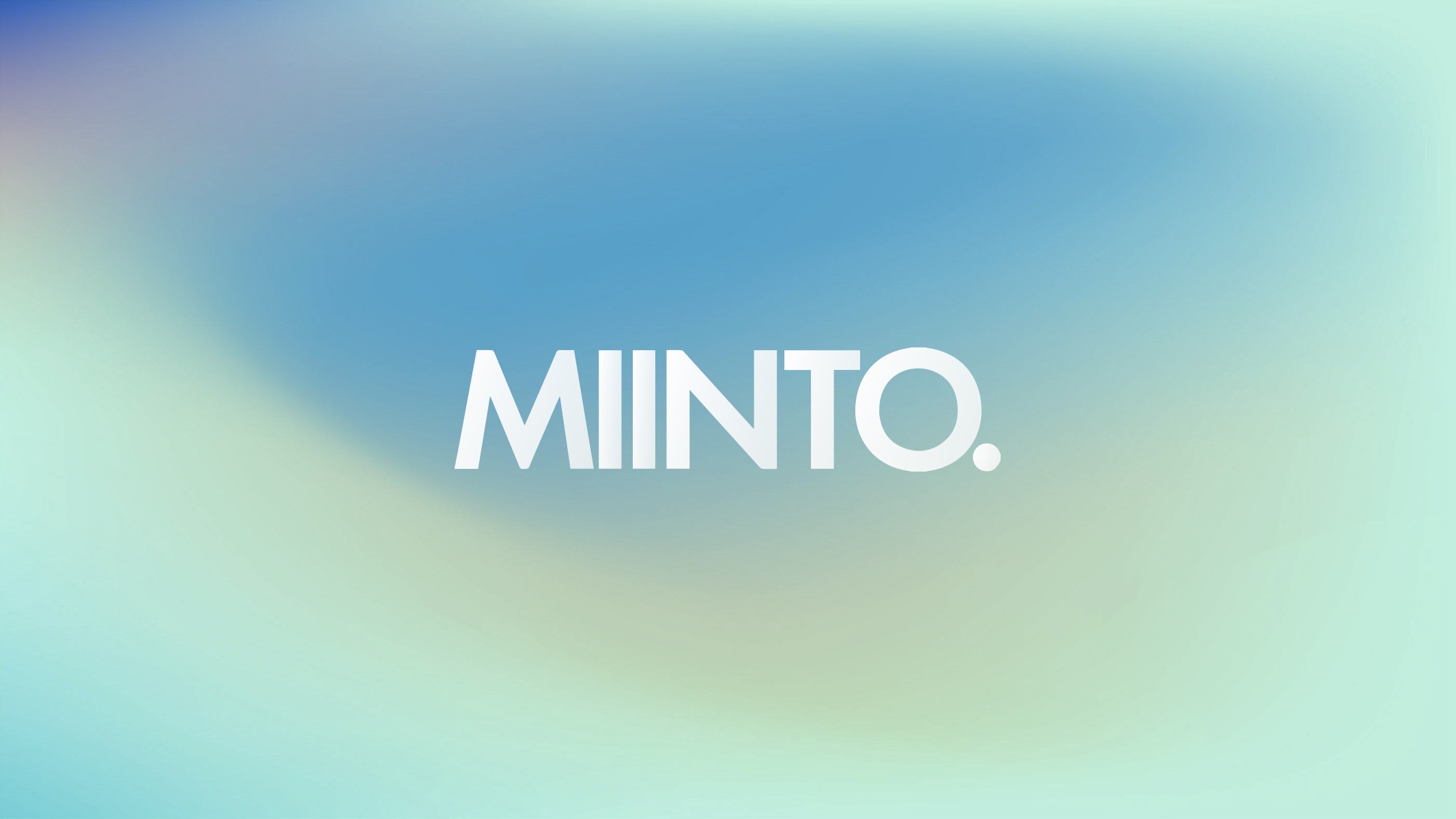




Deezer, a global music experience platform, delivers millions of tracks to listeners worldwide. As their data ecosystem scaled, managing and documenting assets across teams became increasingly complex. With data flowing from multiple sources and used by diverse stakeholders, the organization needed a way to centralize documentation, automate compliance checks, and improve overall data quality.
The results
- Achieved 100% documentation coverage for all new data assets using Secoda’s Data Quality Score (DQS), which automatically scans data and flags undocumented assets.
- Reduced infrastructure costs and developer time by eliminating custom-built solutions in favor of native documentation, quality, and integration features.
- Automated PII compliance using built-in policies, removing the need for manual checks and custom code maintenance.
- Accelerated data discovery and improved productivity by consolidating scattered documentation from 6 sources (CRM, parquet, CSV, Github, Confluence, Segment) into a single source of truth.
The goal
As Deezer scaled, their data team set four clear goals: strengthen quality standards, automate PII compliance, centralize scattered documentation, and improve data access and discovery for all users. By focusing on these core governance priorities, the data team reduced manual work and enabled stakeholders to make confident, informed decisions with trusted data.
The solution
Step 1: Automate PII detection to reduce compliance risk
To kick off their phased implementation, Deezer first addressed the challenge of maintaining global compliance standards. Their initial approach used Secoda’s APIs to build custom PII scans that automatically identified sensitive fields across datasets. When potential PII was detected, the system triggered alerts to relevant stakeholders for review.
While this replaced a manual process, it still required regular engineering time to maintain the API-based logic. To improve scalability, the team adopted Secoda’s native automation features. These built-in tools automatically screen tables and columns for predefined sensitive keywords and apply compliance tags as needed.
This eliminated the need for custom code, reduced ongoing maintenance work, and gave the team more time to focus on strategic initiatives. The automated system also made it easier for other teams to trust that data containing sensitive information was being flagged and handled appropriately.

Step 2: Consolidate documentation from multiple fragmented sources
Before Secoda, documentation lived across CRM systems, GitHub, Segment, parquet files, CSVs, Confluence and more. This fragmented setup created confusion and made it difficult to locate accurate, up-to-date information.
Using Secoda, Deezer brought all of this information into a single platform. They connected Secoda’s APIs to automatically sync descriptions and metadata from schema repositories and code documentation. Once consolidated, the documentation became searchable and accessible to everyone across the organization.
The improved visibility not only reduced the time teams spent digging through siloed tools, but also helped them use available data assets more effectively. Analysts and engineers could now focus on analysis, not searching for definitions.
Step 3: Empower teams to build their own automations
Once documentation was centralized and compliance workflows were automated, the data team focused on decentralizing control. They enabled other teams across the organization to build and manage their own automation rules using Secoda’s no-code and low-code tools.
Teams were also able to use bulk editing and self-service documentation features to manage repetitive tasks at scale. This significantly reduced dependencies on the central data team.
Elsie Hoffet, Data Team Manager, shared that “It gives autonomy to other teams. It’s not only our [data] team that can actually build automations. It helped a lot to bulk edit or make sure some repetitive actions were done at scale.”
They paired this with real-time Slack notifications, helping teams stay informed about changes and maintain alignment across workstreams. The result was smoother cross-functional collaboration and less back-and-forth over ownership or updates.
Step 4: Maintain ongoing standards using Data Quality Score
To keep quality high as they scaled, Deezer implemented Secoda’s Data Quality Score (DQS) across their environment. DQS automatically scans all newly created tables and columns, flagging missing documentation, incomplete metadata, or unclear ownership.
This gave the team a clear benchmark for what “good” looks like, and a way to measure improvements over time. Rather than relying on manual audits or after-the-fact cleanup, teams had a continuous feedback loop that helped them maintain high standards by default.
With DQS in place, Deezer achieved and sustained 100% documentation coverage for new data assets. This improved trust in data across the board and made quality part of the normal workflow, not an extra task.

What’s next
To build on their momentum, Deezer is now working on two key initiatives:
- A two-tiered access system that tailors views based on user type. Technical users will retain full access to detailed data documentation, while business users will see a simplified interface with curated, essential assets
- Expanding usage of DQS across additional teams to surface quality metrics more broadly and make progress visible across the organization
Deezer's implementation has changed how teams work with data, creating a system where compliance and data quality support one another effectively. By setting up automated PII checks, establishing clear quality standards, and creating tailored access for different team needs, they've developed a scalable approach that keeps data secure while enabling innovation.
These practices allow Deezer to continue growing their platform with confidence, backed by data processes that meet high standards for both compliance and quality.
Want to learn how Secoda can help your team achieve similar results? Book a demo today.
































